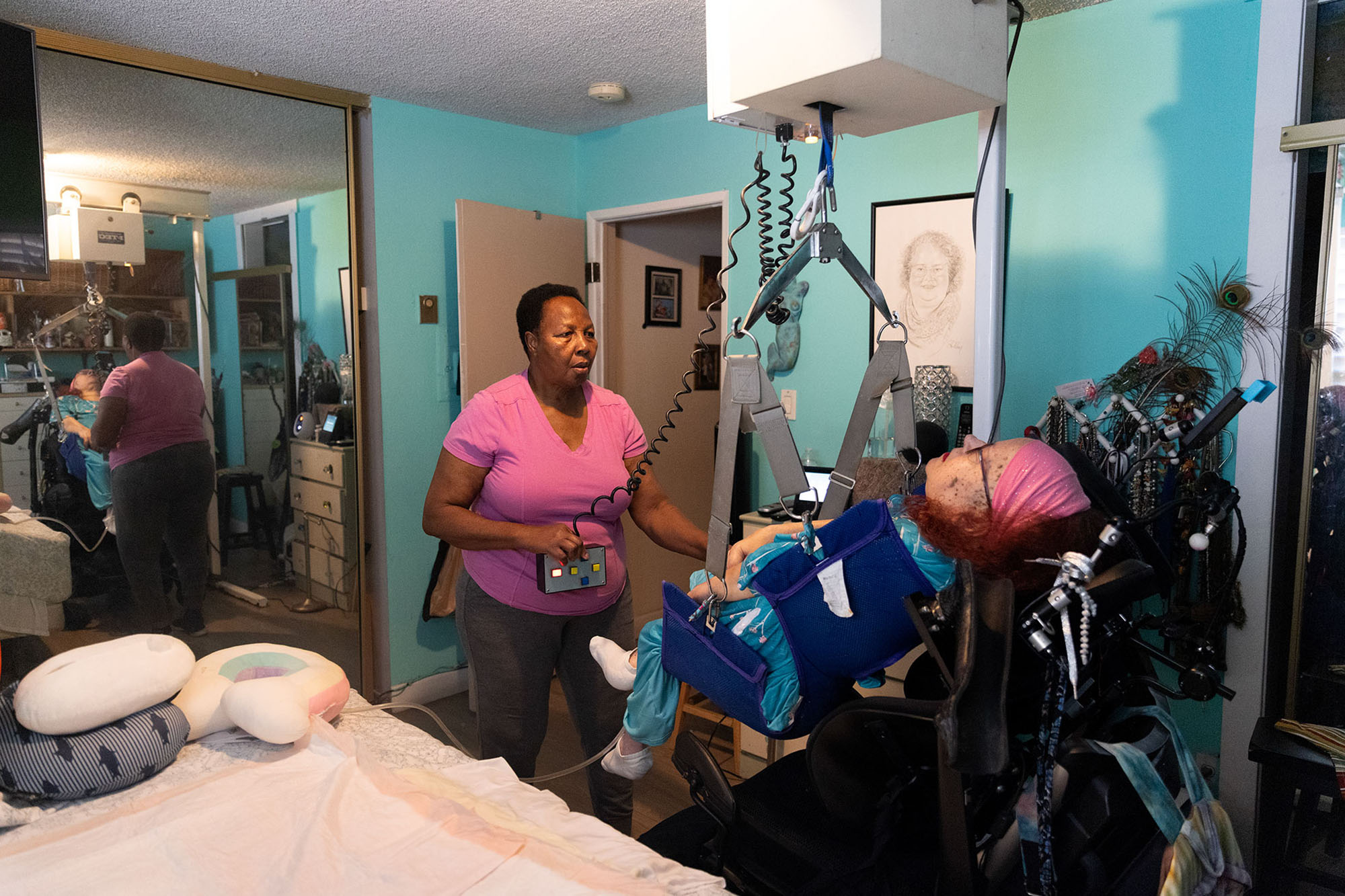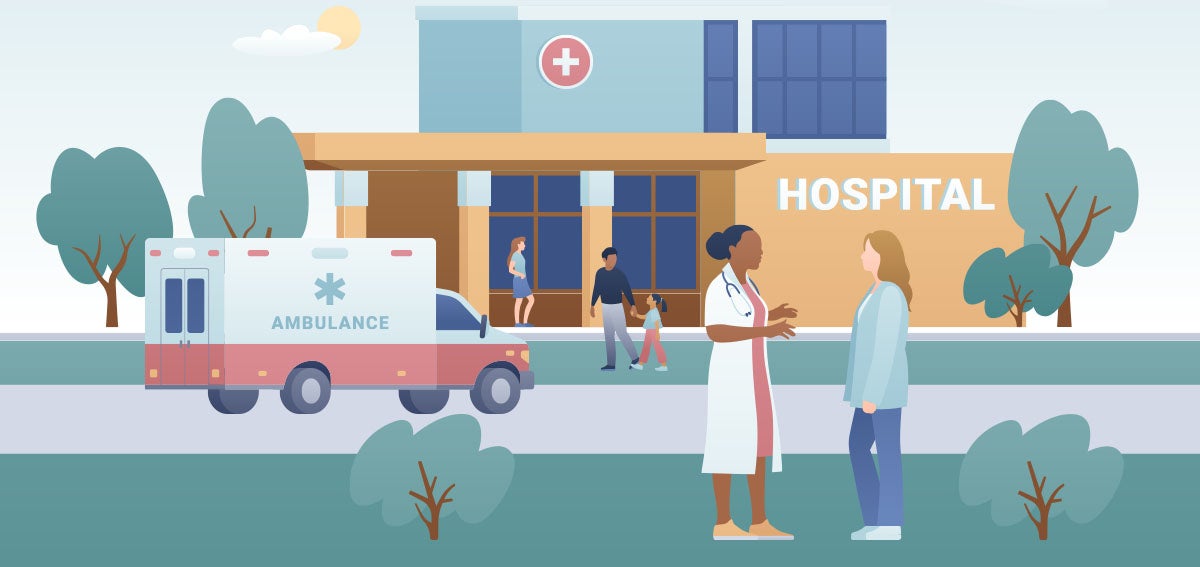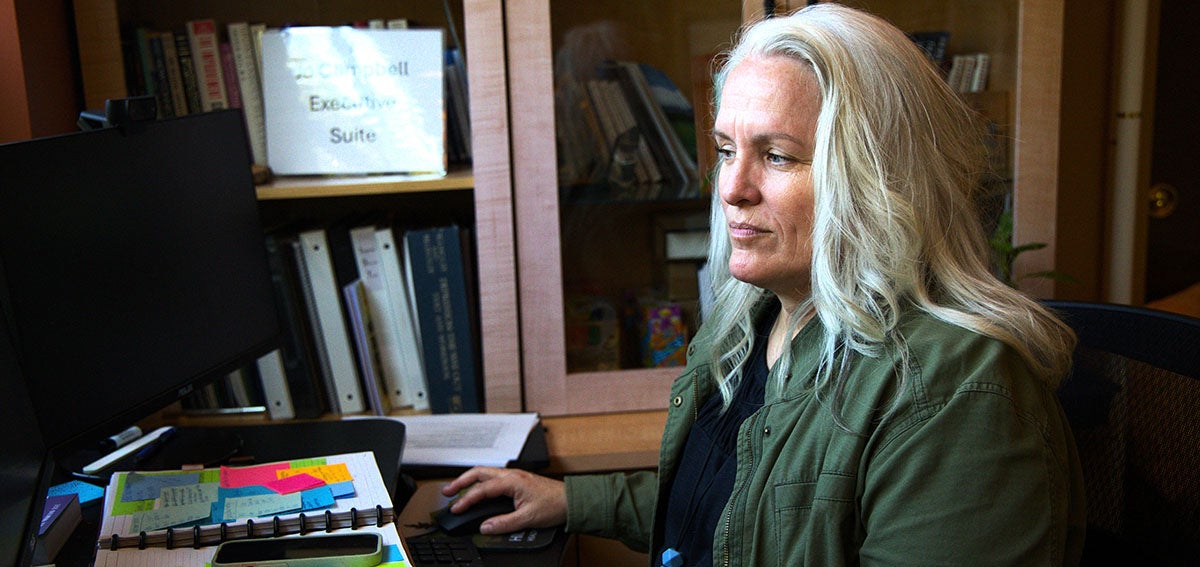View the Report
Jump to All Downloads & LinksMedi-Cal Explained
These fact sheets are part of CHCF’s Medi-Cal Explained series. The series provides an overview of the program, including the people it serves, the services it provides, and how it is organized, managed, and financed.
Medi-Cal is California’s Medicaid program, providing health coverage to Californians with low incomes, including approximately 5.4 million children and youth under the age of 21, over a million seniors, about half of all Californians with disabilities, and around one in six workers. In total, Medi-Cal covers more than 13.4 million Californians, and managed care plans provide coverage to nearly 84% of them.
Beginning in 2021, the California Department of Health Care Services (DHCS), which administers the Medi-Cal program, will engage in a reprocurement process for all commercial managed care plans. This brief explains what that process is and what it means for the future of Medi-Cal managed care and the Californians it serves.
Medi-Cal Managed Care Plan Procurement
Impact on Commercial Plans
Procurement is the process of purchasing goods or services. Medi-Cal managed care procurement is an opportunity for DHCS to evaluate whether to continue its relationships with current Medi-Cal managed care plans, enter into contracts with new plans, reexamine expectations of those plans, or some combination of these.
The upcoming procurement includes only commercial plans and is technically not applicable to County Organized Health Systems or local initiatives (although the contract changes that accompany the procurement will apply to all Medi-Cal managed care plans).
DHCS is engaging in a request for proposal (RFP) by which the health plans most qualified are selected. If the managed care models remain the same, 36 counties will go through reprocurement.1 Current enrollment in the existing nine commercial plans across these affected counties is approximately 3.4 million members, with total payments to health plans of more than $13 billion.
Impact on DHCS Priorities
Health plan procurement provides an opportunity for DHCS to change the structure and requirements contained in health plan contracts in ways that both complement and are distinct from those available under Medi-Cal waivers or the issuance of All Plan Letters (APLs).
Procurement Process: Estimated Timeline
June 2021 — DHCS releases draft RFP for public comment
July 2021 — Public comments due
November–December 2021 — Final RFP release
February–March 2022 — Plan responses to RFP due (60 days postrelease)
By end of 2022 — DHCS awards RFP contracts to selected plans
2023 — Plan readiness process
January 2024 — New contracts begin
The upcoming procurement will uniquely allow DHCS to consolidate existing contract language, strengthen monitoring and oversight provisions, and clarify key policy areas. Consistent with guidance issued under APLs or emerging as part of California Advancing and Innovating Medi-Cal (CalAIM), the procurement allows DHCS to highlight and strengthen requirements set forth in APLs and the waiver renewal.
The sidebar lays out key milestones in the procurement process. Read the full brief for more information about each step.
Many eyes will be on California as the state moves forward. For all those interested in Medi-Cal, this procurement offers a unique opportunity to understand and influence critical issues such as access, quality, and equity.
Authors & Contributors
Mari Cantwell
Mari Cantwell, MPP, is currently the director of California Services for Sellers Dorsey & Associates. She previously served as the state Medicaid director and chief deputy director of health care programs at the California Department of Health Care Services (DHCS).
Sarah Brooks
Sarah Brooks, MSW, is a director for Sellers Dorsey & Associates. She previously served as the deputy director for health care delivery systems at DHCS.
- DHCS recently allowed counties to indicate whether they were interested in changing Medi-Cal managed care models. As of April 2021, 18 counties had expressed an interest in a model change. If DHCS approves any model shifts, the number of counties subject to commercial plan procurement could be reduced. ↩︎





